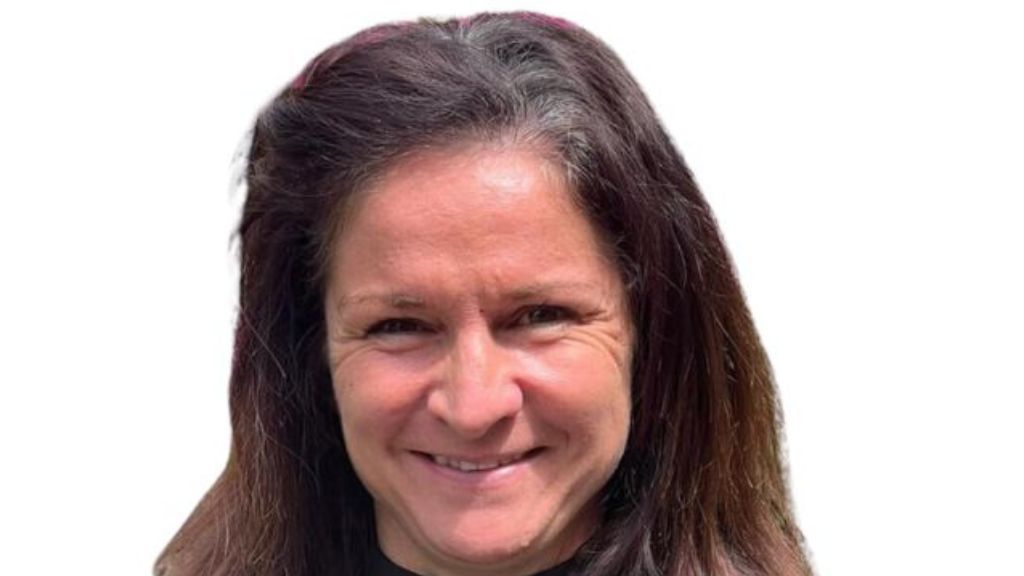Dementia diagnosis reaches three-year high after NHS teams sent into care homes
NHS dementia diagnosis has reached a three-year high after health professionals were set into care homes to assess people who may have been missed during the pandemic.
NHS England said it was diagnosing tens of thousands more people with dementia since the start of the pandemic thanks to recovery efforts.
Amanda Pritchard, NHS chief executive, said: “We will press on with our efforts and outreach to detect dementia earlier and I am determined that by next year, we will reach our ambition of diagnosing two-thirds of people with dementia so that they don’t have to go through it alone.”
NHS staff diagnosed 475,573 people with dementia in September – up more than 52,000 than the same time last year.
The rise came after NHS England launched new pilots in care homes in December 2022 to assess older adults who may have missed checks during the pandemic.
In 14 parts of the country care home residents are being proactively assessed for the condition by specialist nurses and other healthcare professionals. The programme has led to the Northwest (69.1%) and Northeast (66.9%) exceeding the national target and at their highest levels locally since before the pandemic.
Samantha Benham Hermetz, executive director of policy & communications at Alzheimer’s Research UK, said: “Since the start of the pandemic, getting an early and accurate dementia diagnosis has been extremely challenging for some people and communities in England. So it’s encouraging to see the NHS start to make some headway to improve dementia diagnosis rates, particularly in the North West and North East. We look forward to seeing this progress translate to other parts of the country, so more people can access the support and medication they need, as well as have the opportunity to take part in research.
“With new treatments for early Alzheimer’s disease on the horizon, now more than ever there needs to be sustained investment in the diagnostic pathway to make sure it’s fit for purpose and fit for the future. There is still a long way to go before everyone can access early, accurate diagnoses as standard.”



